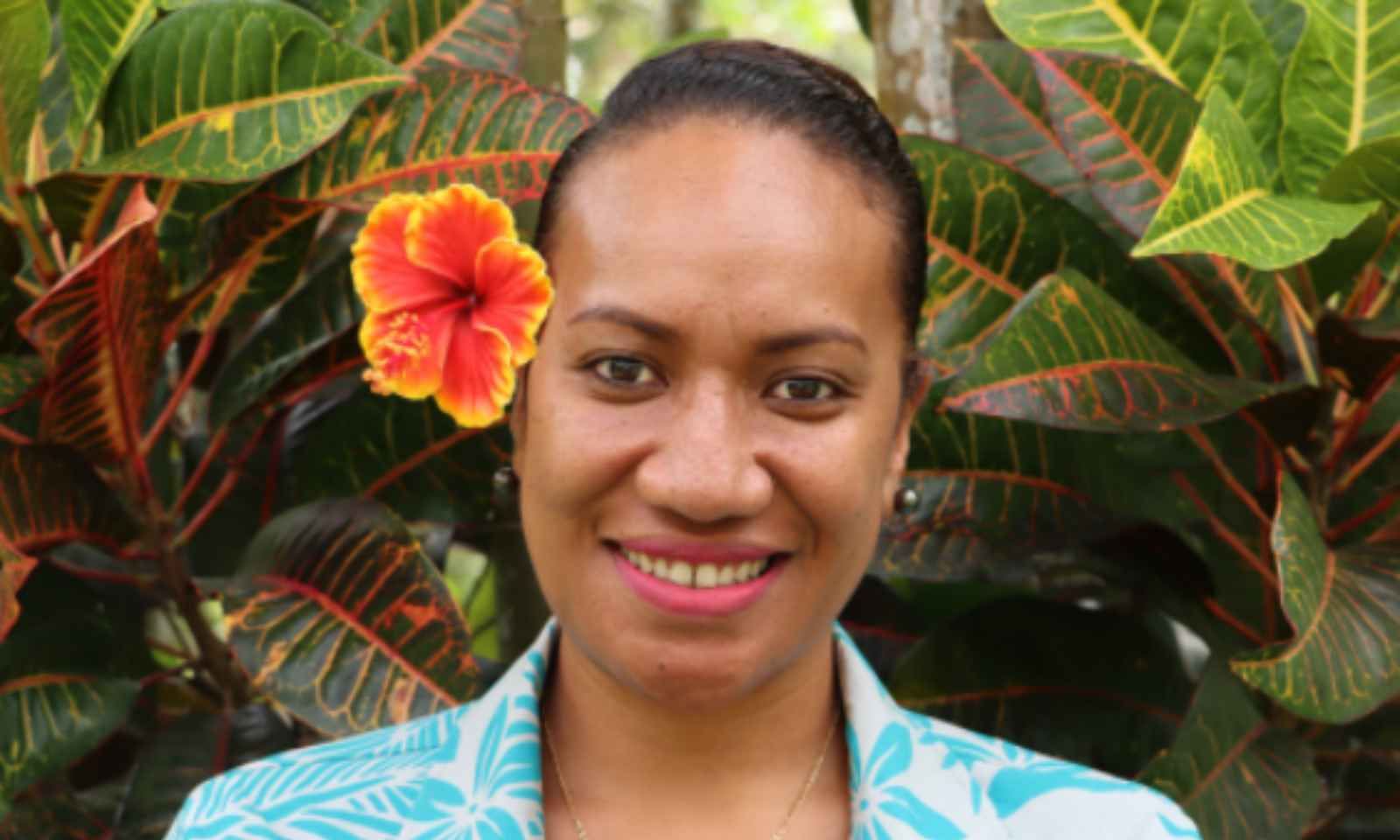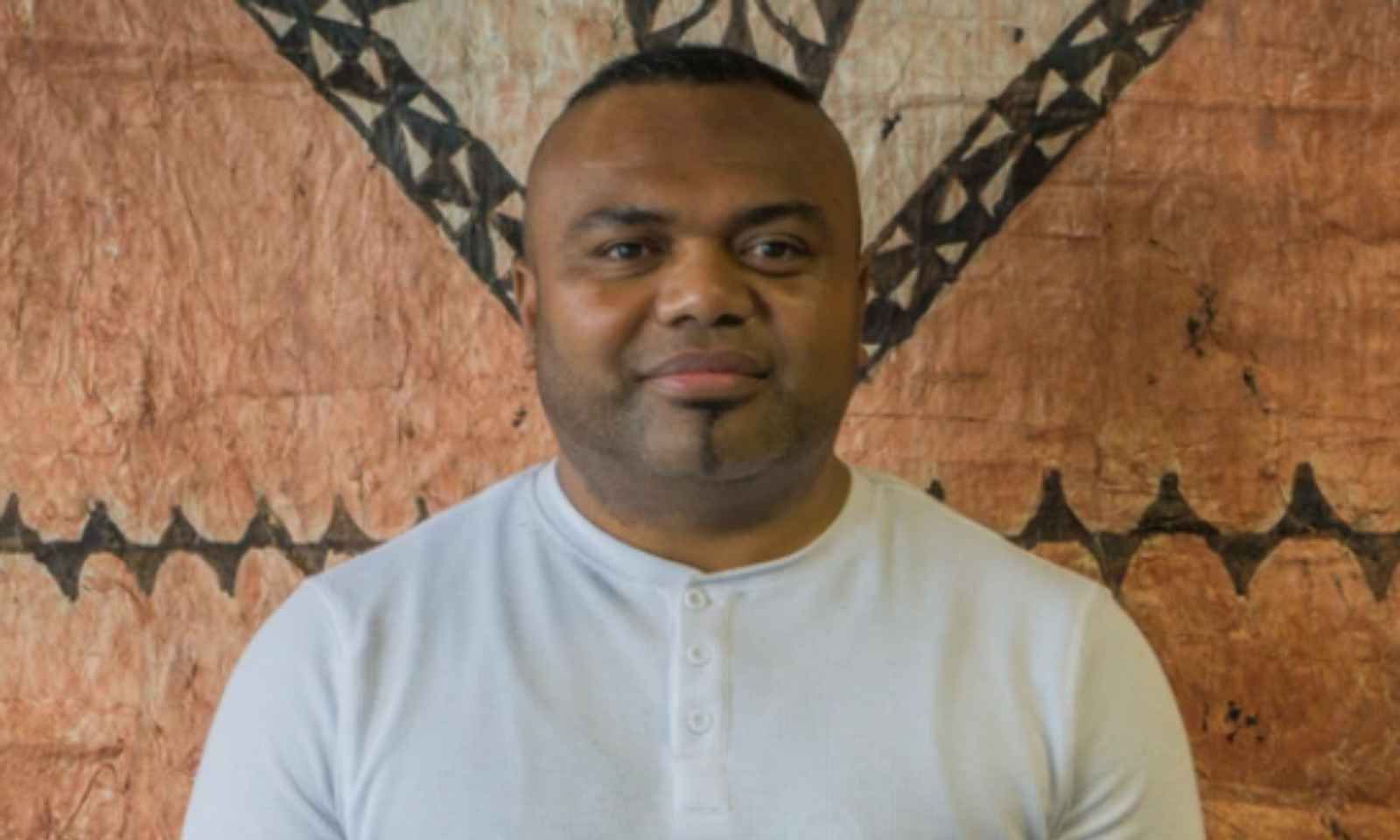

Steven Ratuva is the Pro-Vice Chancellor, Pacific at the University of Canterbury as well as Distinguished Professor and Director of the Macmillan Brown Center for Pacific Studies.
Photo/Supplied
Pacific set to lead at landmark climate adaptation conference
With over 2000 delegates, the event will focus on indigenous knowledge, community resilience, and economic sovereignty.


Niue PM calls for Realm leaders to discuss constitutional ties

‘Words have power’: Pacific tolerance for on-air slurs hits record low


Pull of The Rock: ‘Descendants of Niue’ reclaim and reconnect with home and heritage

Niue PM calls for Realm leaders to discuss constitutional ties

‘Words have power’: Pacific tolerance for on-air slurs hits record low

For the first time, Pacific nations will play a key role in shaping the global climate agenda as Christchurch prepares to host the world’s biggest adaptation conference.
Regional experts are calling for Indigenous knowledge, economic sovereignty, and community-led resilience to take centre stage at this summit next week.
The 8th International Adaptation Futures Conference (AF2025) will bring together more than 2000 delegates from around the globe. The event is a United Nations-mandated gathering under the World Adaptation Science Programme.
Among the attendees will be over 50 representatives from the Pacific, including government ministers, community advocates, and researchers. They include Tuvalu’s Climate Change Minister, Maina Talia, and officials from the Pacific Resilience Programme in Apia.
Steven Ratuva, the Pro-Vice Chancellor Pacific at Canterbury University, says hosting the conference in New Zealand is a historic moment and one that brings Pacific issues to the forefront of international climate discussions.
“Often, the Pacific representatives, particularly in the nations and international conferences, we get absorbed in and we basically fit into the agenda already set. In this particular case, we set the agenda,” Ratuva says.
Watch Steven Ratuva's full interview below.
He says the significance of the week-long event lies in its size and the involvement of Pacific experts who helped design it from the ground up.
Ofa Ma’asi-Kaisamy, Manager of the Pacific Climate Change Centre at the Secretariat of the Pacific Regional Environment Programme (SPREP), says the event marks a defining moment for the region.
“The Pacific Climate Change Centre (PCCC) will be presenting in the various thematic areas of the AF2025 conference, presenting lessons learnt and best practices on adaptation in the Pacific across its four mutually reinforcing functions of capacity building, knowledge brokerage, research and innovation,” Ma’asi-Kaisamy says.

Ofa Ma'asi-Kaisamy is responsible for simplifying climate change information for communities and driving innovation to deliver practical climate solutions across the Pacific region. Photo/Supplied
Suli Vunibola, a senior lecturer in environmental management at Lincoln University, says true adaptation must be holistic to balance ecological recovery with cultural and economic sovereignty.
Vunibola warns that while participatory development has gained popularity, the short-term nature of aid projects often leaves communities vulnerable once external support is withdrawn.
“New scientific praxis is urgently required,” Vunibola says. “Inclusive of capacity building, the need to create community Immune Systems and fortifying community Sovereignty.
“This entails framing climate adaptation as a form of economic productive resistance, co-developing non-extractive economies, and forging long-term solidarity networks that help communities understand and resist predatory contracts.”
Ratuva hopes the conference will move beyond the rhetoric that often defines global climate meetings, like the Conference of the Parties (COP) under the United Nations Framework Convention on Climate Change.

Suli Vunibola is known for his expertise in Pacific development studies, indigenous knowledge systems, community-driven climate adaptation, and alternative economic development on customary land in the Pacific. Photo/Supplied
As the baton passes from Canada to New Zealand and onto Mexico in 2027, the Pacific’s influence on global climate adaptation may finally be recognised.
“One of the great things about the Pacific is that people have been adapting for thousands of years,” Ratuva says.
“One of the reasons why they've been able to survive on small islands is to do with our adaptive capacity and resilience in terms of our knowledge systems, our food systems, our technological systems… So those are some of the lessons which nowadays the big countries are trying to learn from.
“It's a matter of learning from each other, how we can learn from them and we learn from us as well.”